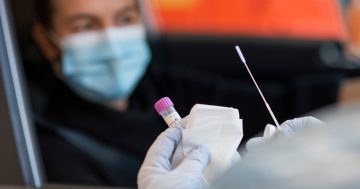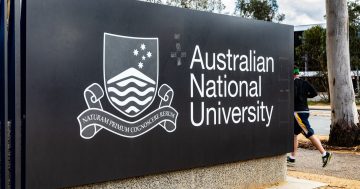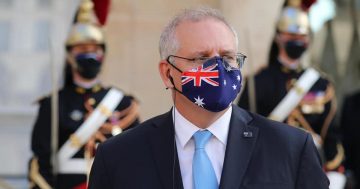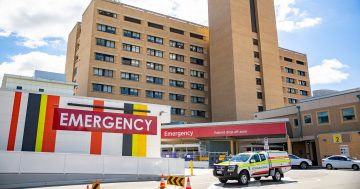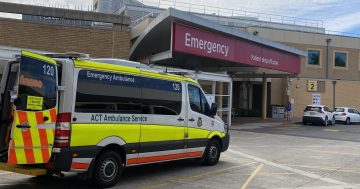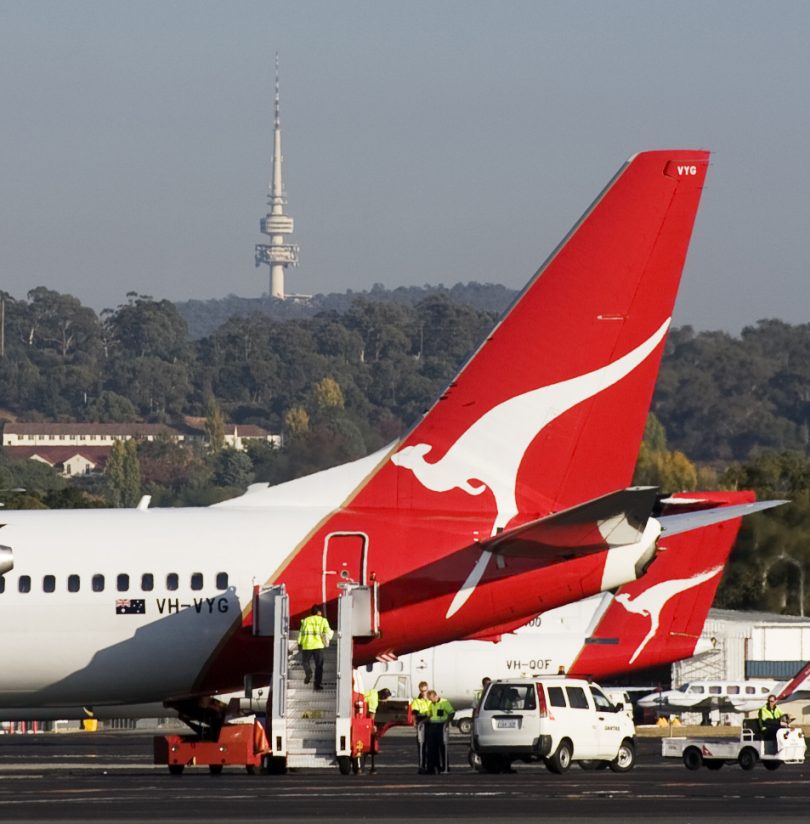
Quarantine will continue for all international arrivals to the ACT due to fears around the new Omicron variant. Photo: File.
The ACT has recorded four new cases of COVID-19 in the last reporting period, while ACT Health has announced an extension to its quarantine requirements for international travellers.
National Cabinet met yesterday afternoon and agreed to continue pursuing a suppression strategy to limit incursions of the Omicron variant into Australia.
Chief Medical Officer Paul Kelly told state and territory leaders there was no immediate need to change any of the current public health settings like border restrictions or hotel quarantine arrangements.
While there are no cases of the Omicron variant in the ACT as of 8 pm last night (30 November), ACT Health has announced stricter quarantine requirements will remain in place for international travellers.
Anyone arriving into NSW or Victoria who has been in South Africa, Lesotho, Botswana, Zimbabwe, Mozambique, Namibia, Eswatini and/or Malawi 14 days before arrival must not travel to the ACT until quarantine requirements have been completed at their port of entry.
This is consistent with measures put in place by the Commonwealth, NSW and Victorian governments, a statement from ACT Health read.
Seychelles was yesterday removed as a country of concern.
For unvaccinated international travellers, requirements have not changed.
But fully vaccinated international travellers who wish to enter the ACT will now need to follow the requirements of the jurisdiction of their port of entry to Australia.
If permitted to travel to the ACT, they must complete an online declaration form, travel directly to their ACT residence or accommodation and then complete a three-day quarantine period (day zero is the day of arrival in Australia).
A PCR test is required within 24 hours of arriving in Australia, with another test required on day six after arrival.
All residents in the household where a returned traveller is quarantining must also quarantine if appropriate separation cannot be maintained.
As long as the returned traveller receives a negative PCR test on the third day, they can leave quarantine at 11:59 pm on that day.
However, ACT Health “strongly encourages” people to limit their movement in the community due to uncertainty around the public health impacts of Omicron.
Travellers are also not permitted to enter high-risk settings for 14 days after arrival in Australia.
It’s also strongly recommended that travellers obtain a COVID-19 test on the 12th or 13th day after arrival.
ACT Health anticipates the current settings will be in place until 15 December.
Meanwhile, with the four new cases recorded in the ACT overnight, there are now 135 active cases in the Territory.
Of the Territory’s 12-plus population, 97.8 per cent are now fully vaccinated.
There are a total of eight active and cleared cases in ACT hospitals as of 8 pm yesterday, including three in intensive care and two on ventilators.
Yesterday, the ACT recorded six new cases.
There have not been any new public exposure locations listed on the ACT Government’s COVID-19 website, although another school has been affected by the virus.
A person potentially infectious with the virus visited the Campbell Primary School campus on Thursday, 25 November, and Friday, 26 November.
Today in NSW, there are 251 new cases and no deaths.
It’s an anxious wait for many people in NSW as it’s been revealed a positive case of the Omicron variant visited several venues across Sydney and the Central Coast.
There are 154 people in hospitals across the state with the virus and 25 in ICU.
NSW Health said 94.6 per cent of the 16-plus population has received their first dose, and 92.5 per cent has had two doses.
In Victoria, there are 1179 new cases and six deaths.
There are 299 Victorians hospitalised with COVID-19, and 91 per cent of the state’s eligible population (12 and over) is fully vaccinated.












